The outdoor industry has a major diversity problem, and it’s up to us to fix it. In 2020 social justice got time in the spotlight, but solving these issues isn’t as simple as sharing a post on social media. And diversifying the outdoors isn’t just a social justice issue; more diverse participation unlocks huge economic and community benefits. The Outdoor Economy Conference brought together leaders in diversity, equity and inclusion to identify how to make real, meaningful change in the outdoor industry. Read on to learn how your company can help lead the charge to a more equitable future.
If you purchased tickets to the 2020 conference you’ve been emailed the password to access the videos.
Need help? Contact [email protected] for more info.
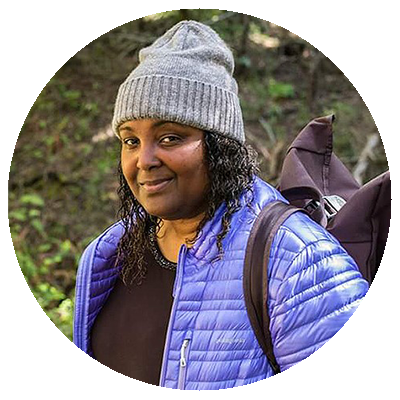
Teresa Baker
Outdoor Industry CEO Diversity Pledge
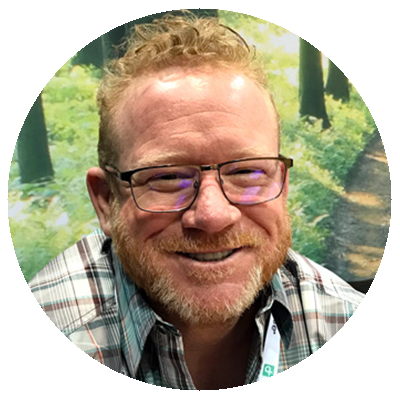
Rob Coughlin
Granite Gear
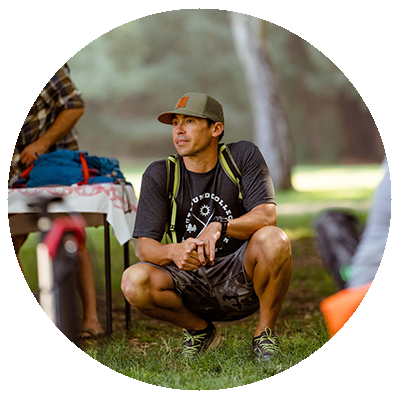
Brian Heifferon
Outbound Collective
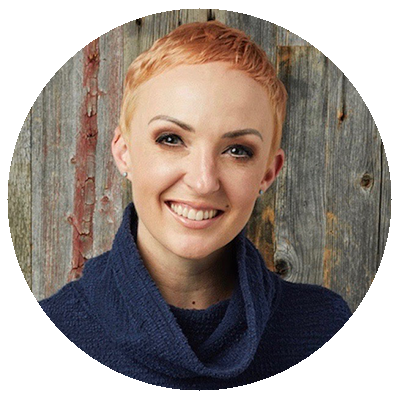
Sarah Crockett
Backcountry

Chris Perkins
Yale School of the Environment,
Yale School of Management
“Mother nature doesn’t discriminate based on the color of your skin, gender,
ability, socio-economic status. Everybody should be equal in the outdoors.”
– Sarah Crockett
Go beyond an ad campaign. Representation in advertising is important, but we need to be pushing for diversity and inclusion in everything we do. Don’t just talk about it — really commit to doing your part in making the outdoors a more welcoming place for all. Granite Gear gave away $45,000 in packs in 2020 to make quality gear more accessible.
Now is the time to be bold. According to Teresa Baker, for real change to happen the people in power have to step up and share their power. We need leaders who are willing to make bold moves in the outdoor industry.
Inclusion isn’t just one thing. To make your company truly inclusive, you need to expand your definition of diversity. Ability, income, gender and sexuality all play a part in how we experience the outdoors. Be intentional in your inclusion and make sure you’re not overlooking any groups.
Don’t be a gear elitist. Outdoor equipment can be expensive, and there’s pressure to have the newest, lightest and fanciest gear available. Price inclusivity is important for getting more people outdoors, so if you’re aiming to be more inclusive make sure you’re not just making for and marketing to the rich.
You’re missing out on profit. There’s a huge customer base that you’re missing when you don’t include BIPOC in your marketing plan. Not only is diversity work the right thing to do morally, but it’s the right thing to do financially. That sounds like a win-win situation.

Charles Thomas Jr, Outward Bound Adventures
“We’re all equal in our capacity to enjoy nature, but we’re not equal in our access to nature.”
– Charles Thomas Jr.
It’s easy to be absent when no one’s looking for you. If no one expects you to get outside, it’s easy to slip through the cracks. People of color are too often left out of marketing campaigns because they don’t fit the image that companies have in mind when they think of who will use their product. Charles Thomas breaks down some of the reasons BIPOC individuals have a more difficult time getting outside at 26:00.
Understand your audience. You have to understand that different communities have different priorities. Don’t assume that everyone’s motivations are the same as yours — listen to diverse voices and tailor your approach to the communities you’re trying to reach. For example, white hikers may be more motivated by reaching a certain number of miles traveled, but for Latino hikers the focus may be more on the interpersonal relationships they build through nature.
Shift your focus. Want to get more people outside? You need to branch out from your usual outreach strategies. Instead of trying to target the usual suspects — the people who are already engaged in the outdoors — try to reach those who want to get outside but aren’t currently doing so. See Charle’s full explanation at 22:00.
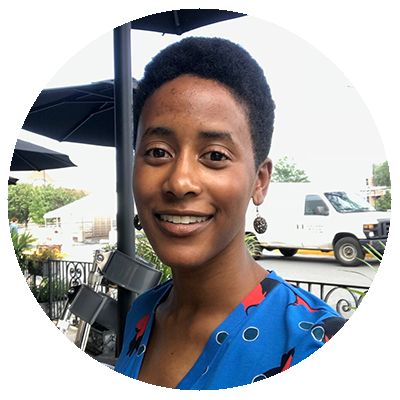
Danielle Williams, Melanin Base Camp
“This problem belongs to all of us, so it’s up to all of us to fix it.” – Danielle Williams
Stop the echo chamber. You have to be actively looking for other voices — you’re not going to achieve diversity within your organization if you’re only hiring people you already know. Don’t count your company out of diversity work just because you’re small — even if you can’t hire more employees right now there’s work you can do. Diversity is important, and we all have a role to play.
Start by listening. It can be overwhelming to figure out how you fit into this space. You don’t have to have everything figured out right away — take time to slow down and listen to others who are already doing the work. Most importantly, don’t come up with an action plan without working with the community you’re aiming to help. “Nothing about us without us.“
What is a call out? If you mess up in public, you have to make it right in public. Even though they’re not fun for anyone involved, they’re an important way for historically marginalized communities to make their voices heard. So what do you do if you get called out? Take responsibility for your actions, thank the people who brought the mistake to your attention, and make a plan to do better in the future. Catch all of Danielle’s tips at 17:00.
How can you avoid being called out? You can’t. We’re all human, and we all make mistakes. But there are a few things you can do to lessen the chance, like being aware of systematic problems and hiring a more diverse team. Danielle also went over some great tips to become an organization where BIPOC individuals are valued and empowered. And again, you can’t go wrong if you start by listening.
Perfect isn’t the point. Don’t feel like you have to be perfect all the time when it comes to working towards a more diverse and equitable future. It’s hard work, and you’re going to mess up. That’s part of the process. Be transparent about and learn from your mistakes. Talk with your community. Most importantly, keep trying.
“It’s important to listen before you dive into an area where you don’t have familiarity. You’ve got to be prepared.”
– Danielle Williams

Teresa Baker
Outdoor Industry CEO Diversity Pledge

Chris Perkins
Yale School of the Environment,
Yale School of Management
“We must continue to give people space to try, fail and try again.” – Teresa Baker
You can’t just sign it and forget it. If you’re looking for a quick and easy way to earn your brand some brownie points, the CEO Diversity Pledge isn’t it. Teresa Baker and Chris Perkins make sure that everyone who signs the pledge really means it, and that they follow through on what they promise. It might not be easy, but committing to do your part to make the outdoor industry a welcoming place for everyone is worth it.
Your organization should feel like a backpacking trip. What do a good backpacking trip and an inclusive workplace have in common? Good mentorship, representation, members who feel safe and valued in any identity, and systems where everyone fits in to keep each other safe.
There’s no one right way. Every company is different, and that means there’s no one right way to go about this work. If your journey looks a little different, that’s okay. Just keep listening, learning and striving towards a better future.
Now is the time to take action. This is a moment when all eyes are on companies to see how they’ll step up and diversify their practices. The outdoor industry has a reputation for being overwhelmingly white, so it’s important that we take this opportunity to make a change in the culture of the outdoors.
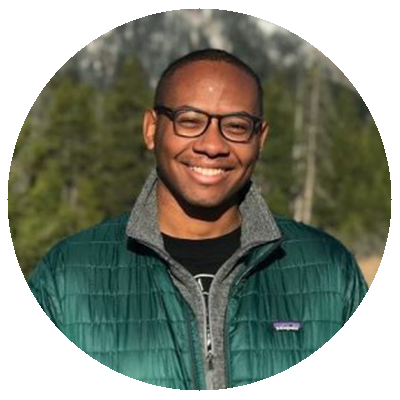
Diquan Edmonds
Triangle Land Conservancy
Join the Growing Outdoors Partnership, the In Solidarity Project, and Community Partners in a commitment to increasing our awareness, intention, and investment in a more diverse and inclusive outdoor community that will support a more vibrant and welcoming outdoor industry in the future.
Want to get your local government in on the action? The Growing Outdoors Partnership, the In Solidarity Project, and Community Partners came together to develop a resolution for government entities, inspired by the Outdoor CEO Diversity Pledge.
You don’t have to sign a pledge to do the work. Pledges provide a helpful framework to stay accountable, but there’s plenty you can do without signing one. Just get started doing what you can, and don’t feel like you have to sign a pledge to make a difference
Every community is different. The resolution isn’t an exact blueprint — every community has different needs and will tackle DEI in different ways. This open-source tool gives you a helpful framework to get started that can be adjusted to your needs, and provides the accountability to make sure you follow through.
If you purchased tickets to the 2020 conference you’ve been emailed the password to access the videos.
Need help? Contact [email protected] for more info.
Working Together to Ensure a Vibrant Future for the Outdoor Economy and Our Outdoor Communities.